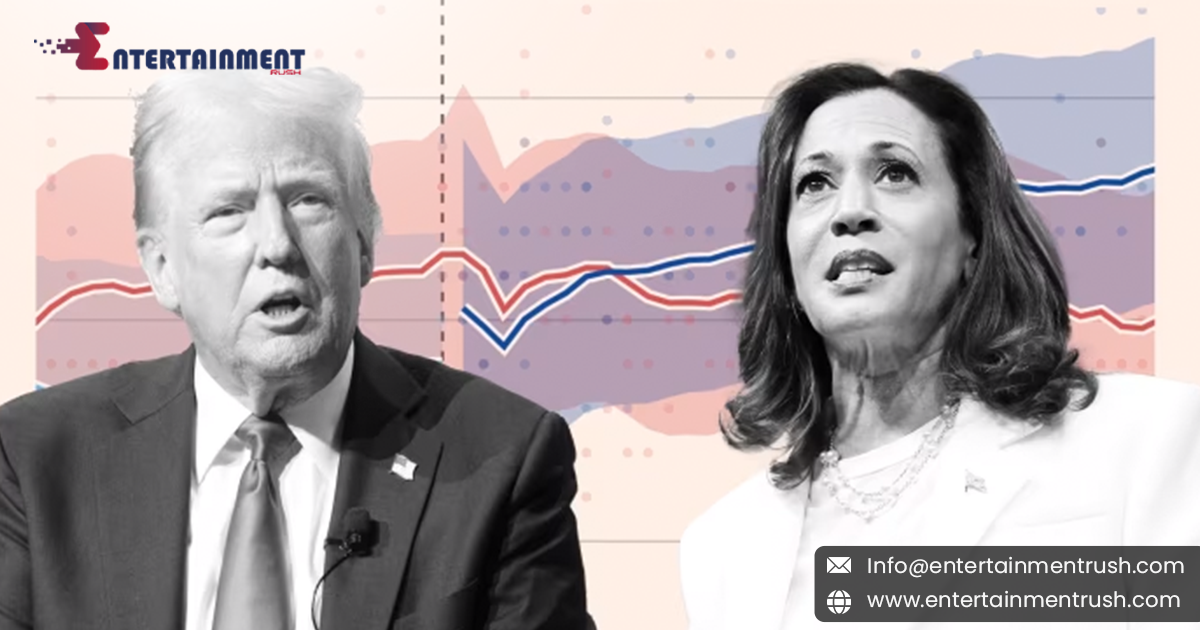As the 2024 U.S. elections approach, the political landscape is becoming increasingly dynamic. With the stakes higher than ever, Americans are eager to stay informed about key developments. From breaking news on candidates and issues to shifting poll numbers and expert analysis, the road to the next election is already proving to be one of the most significant in modern history. In this blog, we explore the “2024 Elections: Latest News, Polls, and In-Depth Analysis” to provide a clear understanding of where things stand and what voters can expect in the months to come.
The Major Issues Shaping the 2024 Elections
Several pressing issues that are resonating with voters across the political spectrum dominate the 2024 election cycle. Chief among them are the economy, healthcare, climate change, and immigration. Economic recovery following the global disruptions of recent years has taken center stage, with candidates debating policies on inflation, job growth, and income inequality.
Healthcare remains a top concern as well, with discussions about affordable access, the future of Medicare, and the ongoing debate over pharmaceutical costs. Meanwhile, climate change has become a pivotal topic, with younger generations increasingly vocal about the need for more aggressive action on environmental policy. Immigration, as always, remains a polarizing issue, with candidates on both sides outlining vastly different approaches to border security and pathways to citizenship.
With these issues at the forefront, “2024 Elections: Latest News, Polls, and In-Depth Analysis” provides readers with real-time updates on where candidates stand on the most critical topics and how their policies resonate with the electorate.
The Role of Polling in the 2024 Elections
Polling has always been an essential tool for gauging public opinion during election cycles. As the 2024 elections draw near, pollsters are working to capture the shifting sentiments of voters across the country. Current polls suggest a highly competitive race, with both major parties neck-and-neck in key battleground states. However, polls can fluctuate dramatically as events unfold, debates take place, and campaigns ramp up.
Polling data offers valuable insights into how certain demographics are leaning, where support is concentrated, and what issues are swaying voters. “2024 Elections: Latest News, Polls, and In-Depth Analysis” takes a close look at the latest polling numbers and breaks down what they mean for the race ahead. In particular, we examine how candidates are performing among critical voter groups such as suburban women, young voters, and racial minorities—all of whom could determine the outcome of the election.
The Candidates to Watch
In every election cycle, certain candidates emerge as pivotal figures who will either shape the course of their party or define the general election itself. As we head into the 2024 elections, several prominent candidates have already made headlines with their platforms, debates, and public appearances.
For the Republican Party, the nomination process has seen a mixture of well-established political figures and newer voices gaining traction. The focus is largely on continuing the party’s economic policies while addressing concerns over immigration and foreign policy. The Democratic Party, meanwhile, is centered on defending current policies on healthcare, social justice, and climate change, with candidates pushing for progressive reforms while ensuring economic stability.
In our “2024 Elections: Latest News, Polls, and In-Depth Analysis,” we delve deeper into each candidate’s platform, their public statements, and the strategies they are employing to connect with voters. We also take a close look at how independent candidates and third-party challengers might influence the overall outcome of the election.
Key Dates and Milestones
Critical milestones that can shift the dynamics of the race mark every election year. The 2024 elections are no exception. Key events, such as debates, primary elections, and major policy announcements, will be pivotal moments where candidates can solidify their standing or face major setbacks.
The primaries will provide the first true test of candidate viability, giving voters in each state the chance to weigh in on who they want to represent their party in the general election. Debates will offer candidates the opportunity to articulate their visions, differentiate themselves from their opponents, and appeal to undecided voters.
Our “2024 Elections: Latest News, Polls, and In-Depth Analysis” covers these key dates and breaks down what happens in each phase of the election process, offering insights into how these moments might shape the trajectory of the election.
In-Depth Analysis: What to Expect Moving Forward
As we move closer to the 2024 election, it’s essential to stay informed about the latest developments and trends. While news updates and polling provide snapshots of where the race stands, in-depth analysis can offer a broader perspective on the shifting dynamics.
What do the current poll numbers mean for the future of each campaign? How might unforeseen events, such as economic changes, global conflicts, or domestic crises, impact voter sentiment? Our in-depth analysis explores these questions, offering readers a well-rounded understanding of what to expect as Election Day approaches.
The 2024 election is shaping up to be one of the most consequential in recent memory, and staying informed is critical for every voter. By following “2024 Elections: Latest News, Polls, and In-Depth Analysis,” readers will gain access to timely information, expert insights, and comprehensive breakdowns of key events and issues that will define this election cycle. the “2024 Elections: Latest News, Polls, and In-Depth Analysis” provides a clear guide to the evolving race, helping voters make informed decisions based on the most up-to-date and accurate information available. As the nation prepares for another historic election, staying engaged with the latest news and analysis will be essential in understanding the future of American politics.




Leave feedback about this